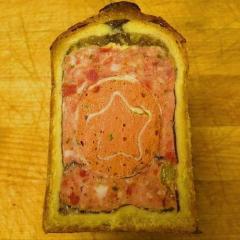-
Welcome to the eG Forums, a service of the eGullet Society for Culinary Arts & Letters. The Society is a 501(c)3 not-for-profit organization dedicated to the advancement of the culinary arts. These advertising-free forums are provided free of charge through donations from Society members. Anyone may read the forums, but to post you must create a free account.
Who do you think are the 4 stars in NY
-
Similar Content
-
- 14 replies
- 1,206 views
-
- 1,147 replies
- 155,714 views
-
- 1,656 replies
- 210,521 views
-
- 5 replies
- 515 views
-
- 32 replies
- 2,076 views
-
-
Recently Browsing 0 members
- No registered users viewing this page.





Recommended Posts